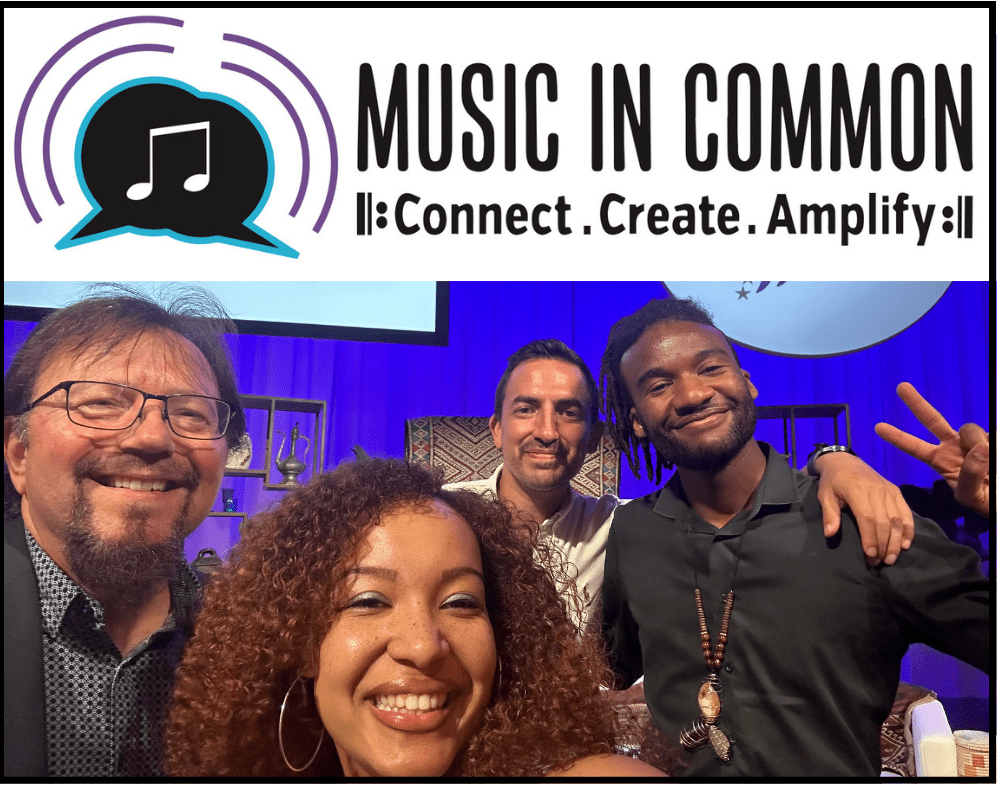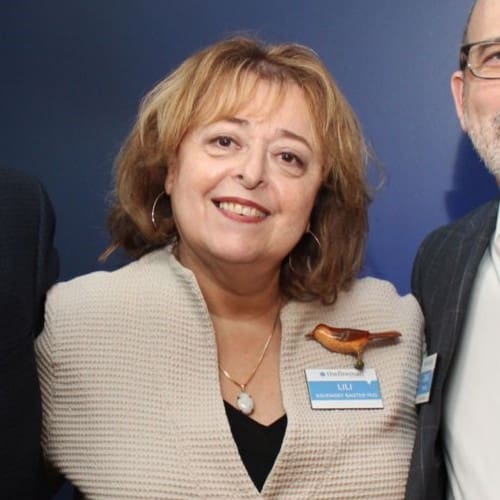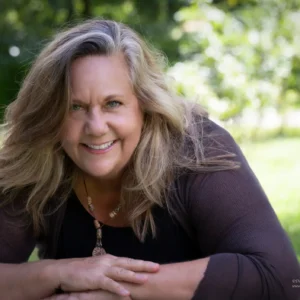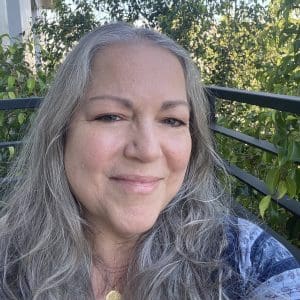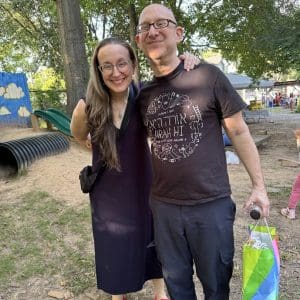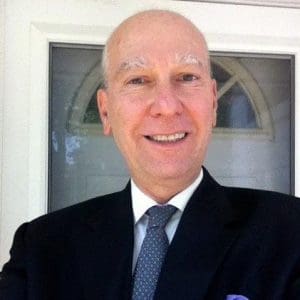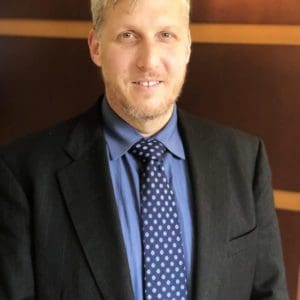A Moment of Torah with Rabbi Neil Sandler
Parshat Re'eh 5782
By Rabbi Neil Sandler
Rabbi Emeritus
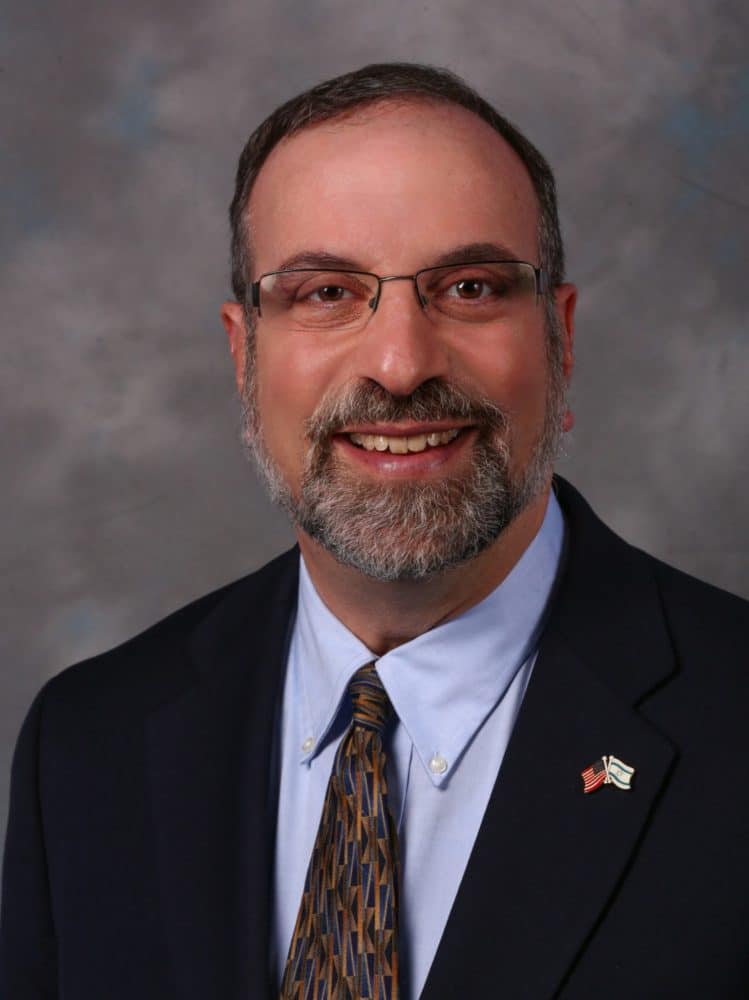
A longtime friend and wonderful Jewish professional recently sent me an e-mail that likely represents the final chapter in an ongoing saga she has shared with me in recent months. She moved back to her hometown and wanted to confirm that when the time eventually comes, she will be able to be buried near other family members in a cemetery owned by an Orthodox congregation. My friend informed the rabbi of the congregation that she had converted to Judaism under the supervision of a Conservative rabbi. He could not accept this conversion as halachically valid and informed my friend that she could not be buried in the congregation's cemetery. My friend was not surprised by the rabbi's decision. Still, she was quite upset. Eventually my friend and the rabbi met to discuss the issue. Surprisingly, her e-mail to me this week reflected the presence of two understanding and generous spirits in that meeting. Though the rabbi and my friend continued to disagree, it was clear to me that both individuals had listened to each other. Their disagreement was expressed in respectful ways. In fact, my friend was so impressed with the Orthodox rabbi that she said she could see herself taking a class with him!
Wow! In response to my friend's e-mail, I commended both her and the rabbi for the manner in which they spoke with each other amidst their disagreement. Referring to their conversation I wrote, "Sounds like a paradigm or prayer we might offer for our country these days." I'm sure you understand why.
It's overly simplistic to say that we have never disagreed with other people in the way we do now. Americans have always had differing perspectives on issues, and most of us have expressed our differences in responsible ways. But it feels very different now. Today we choose news channels that align with our personal views. We often hear the commentators on those networks speak harshly about those with whom they disagree. And, of course, there is the aphorism, "If it bleeds, it leads." News programs often share the most heinous and violent outcomes of disagreement. Social media sites provide immediate access for people who want to express their views in harsh and cruel ways. Sometimes these outlets help to incite troubled individuals to commit heinous crimes. We shake our heads. Pick the realm – political, social, religious – no matter what reality may be, it feels like we are hopelessly polarized and, as a result, under threat.
And then there is the uplifting example of my friend and the Orthodox rabbi. They strongly disagreed with each other, but they expressed themselves in polite ways. My friend walked out of the rabbi's office, not with burning anger, but with newfound respect. Here were two individuals who could view the burial issue from the vantage point of the other person. This ability did not change either person's position. However, each of them could listen to the other person. Each of them could feel what the other might be feeling at that time. The result was mutual respect despite strong disagreement. How amazing that seems in our world today!
Can we emulate the example of these two people? It's certainly not easy to do so. While there are a number of personal qualities and abilities that enable people to interact respectfully despite disagreement, I think our Torah Portion offers an insight that can be helpful.
As Moses continues to speak with the Israelites he instructs, "Sh'mor v'shamata" – "Preserve and listen to all these commandments that I enjoin upon you…" (Dt. 12:28). Logically, one should first hear about one's responsibility and then act. Here I think Moses says, in effect, "Don't start with trying to make sense of something. Start with doing the right thing. Then you can reflect on it."
My friend and the rabbi started what could have been a rancorous meeting by doing the "right" things, namely treating each other with respect. Then they could really "hear;" they could reflect on their interaction and end their meeting with positive thoughts about each other despite their continuing disagreement.
What a tremendous challenge it is to act and think in these ways. It's easier to see "us" and "them" and to dismiss "them" along with their views that are different from our own. We cannot countenance the views of those who demean others or threaten violence. But there are other people, who do not do such things, with whom we may vehemently disagree. Can we "preserve and listen" to them? Can we try to feel their concerns? Can we hear the religious views that undergird their positions despite our continuing disagreement with them? Can we interact in respectful ways? Can we then depart having understood that person's views just a little bit better?
My friend and the Orthodox rabbi… what a wonderful example of how to talk and simply be when disagreement between us and others cannot be set aside.
Shabbat Shalom













